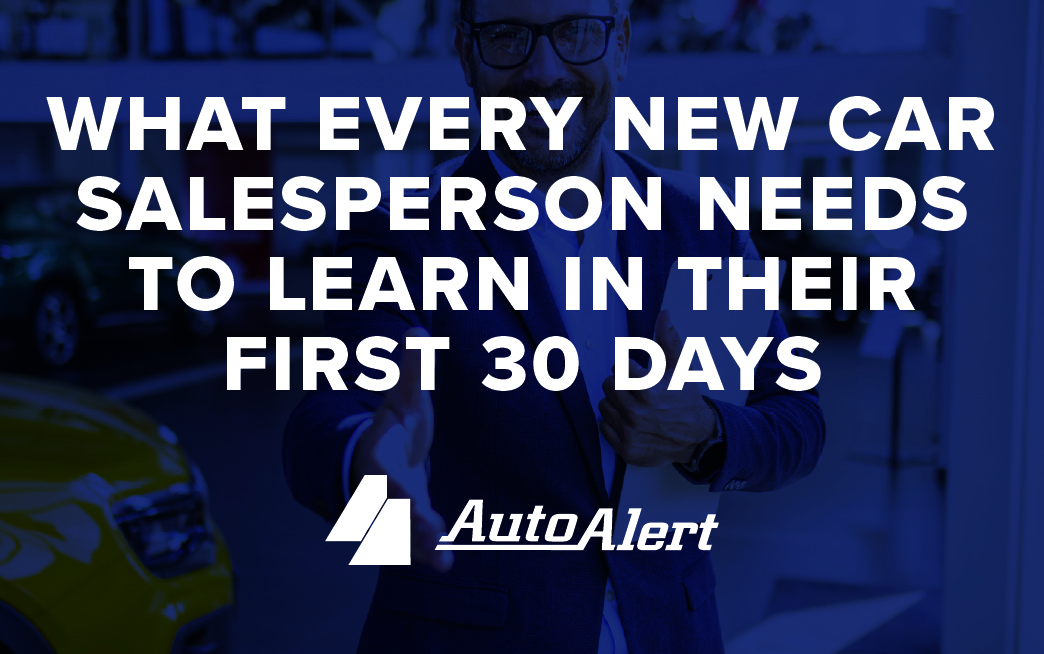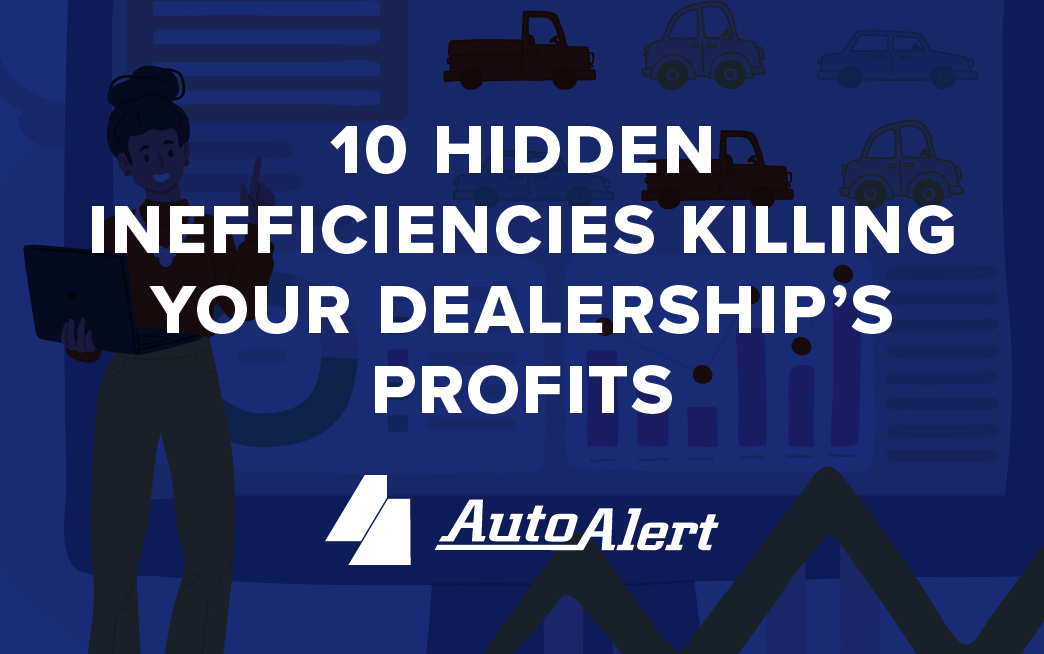

Is a CRM Still Relevant for Dealerships in 2024?
The industry continues transforming rapidly, driven by technological advancements, and changing consumer demands. Amidst all the continuous change, one question looms large: Is a CRM Still Relevant for Dealerships in 2024?
The CRM was developed to help dealerships stay in touch with customers, better meet their needs, and build stronger relationships, which are all great reasons and still very important. As Forbes articulated in their article, Why is Customer Relationship Management So Important?:
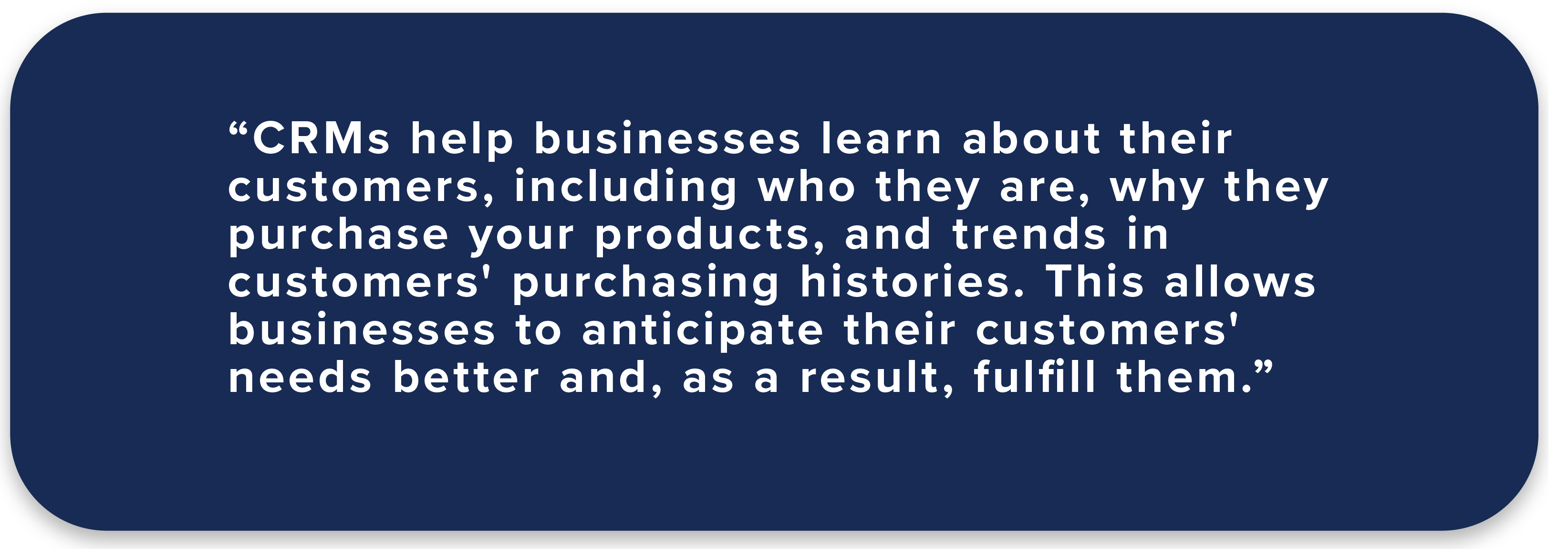

With that still being true, CRM technology was introduced in the ’80s. Whether or not four decades sounds like a long time ago to you, it’s practically prehistoric in “tech time.” CRMs are still useful today, but only as a part of your customer experience solution, not the whole story.
Dealership CRMs focus on limited data: a customer’s past behavior and information. This data isn’t going to help you build intimate relationships with your customers and create excellent experiences. Nor will it help you predict their buying behavior next month, next week, or today. Why rely on a tool that will be of little help at the most critical times: when customers are researching their options and when they’re ready to buy?
An automotive CRM is useful for certain relationship-building aspects, but a platform that provides a more robust solution is necessary in the modern era. One that meets customers where they are throughout their journey with relevant, timely messages, and most importantly, one that meets their buying expectations today.
Why Your Dealership Can’t Rely on a Basic CRM:
1. It doesn’t build relationships. While sending a customer a birthday card was once considered personal communication, customers today want communication unique to them and relevant messages.
2. It might be hurting relationships. Customers can sense when they’re being sold to. Though they understand that it’s your job to sell to them, they won’t be happy about it unless there is something relevant for them.
3. It relies on outdated, unreliable data entry. The data in your basic CRM is not only insufficient but could be wrong. Data entry depends on the person entering it. Getting your entire team to always enter the correct information can be a job. Plus, if there’s staff turnover, even more resources are wasted.
4. The data it does pull might need to be revised. If a customer’s record hasn’t been updated in a timely manner or appropriately, you are at a disadvantage, which can even lead to lost opportunities.
5. Even when updated, basic data is minimally helpful. Data collected randomly through conversations and entered into a CRM isn’t nearly as useful as real-time data showing customers’ research and buying behavior. Being able to treat all your customers as though they are your number one priority doesn’t come without powerful data analytics.
6. It doesn’t connect the dots for a clear path of action. Even if all details are entered about every customer perfectly, there still isn’t a way to connect the dots between all the information. Who ensures that follow-up is relevant and that your customers are getting the best experience?
Enter the Customer Experience Management (CXM) Solution
In 2024, the automotive landscape is marked by fierce competition and shifting consumer preferences. Customers are more informed and discerning than ever, conducting extensive research online before setting foot in a dealership.
Although buyers may need less general product information from the dealership, it allows sellers to stand out to their customers, better meet their needs, provide a better customer experience, and build stronger relationships.
Why is this possible?
Because customers want dealerships to know them and provide exceptional, seamless experiences, dealerships have an easier-than-ever opportunity to go above and beyond to meet their customers’ needs. To achieve this, big data analysis is crucial for personalization and timely communication. While CRMs were designed to help with customer relationships, they are insufficient in meeting modern expectations.


A CXM platform can be thought of as a CRM plus. It does what your CRM would do if it could have evolved along with technology to meet customer’s needs better. Moreover, CXMs play a pivotal role in enhancing the efficiency of sales and marketing efforts. By automating routine tasks such as lead management, follow-ups, and email campaigns, AutoAlert CXM frees up valuable time for sales teams to focus on building relationships and closing deals.
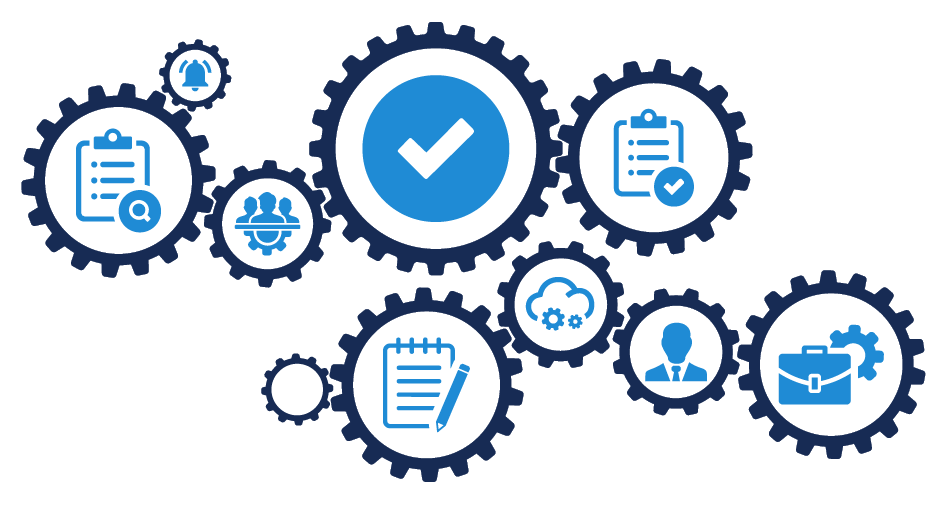

CXM is the real-time activation of big data. Customers want the businesses they have relationships with to know them and provide them with relevant info and offers. It makes every step of their purchase more manageable. CXM even sometimes knows what a customer wants before they know it.
With integrated communication tools and real-time notifications, CXMs ensure no opportunity slips through the cracks – driving higher conversion rates and maximizing revenue potential. By embracing CXMs and leveraging their full potential, dealerships can differentiate themselves in the market, attract customers, and drive sustainable growth.
Here are some of the data points for comparison:
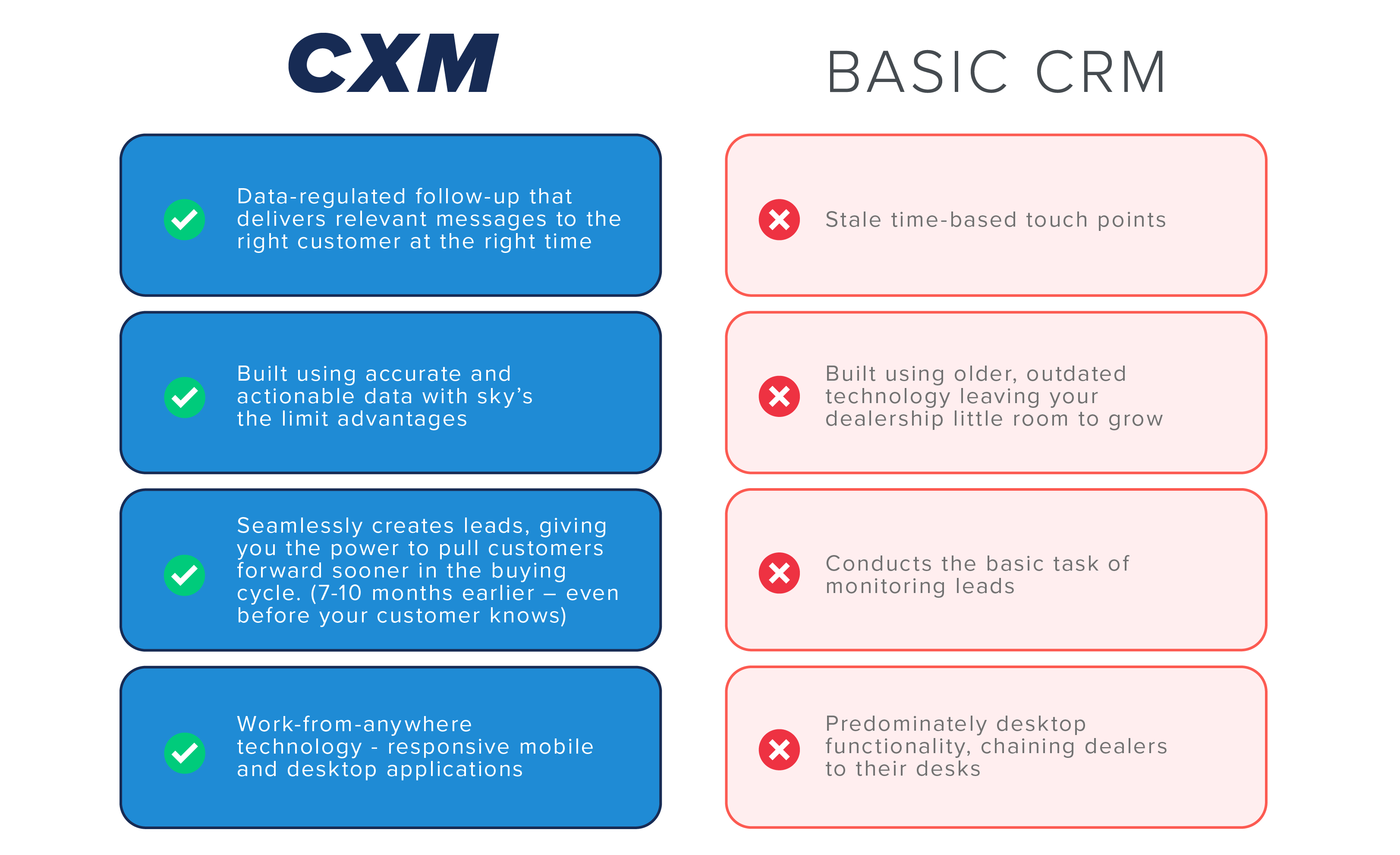

Keeping Up with the Times
The short answer is yes; data-driven analysis demonstrates the importance of CRMs for car dealers in 2024, but not the basic ones from the past.
CRMs were among the first to build customer relationships using technology. It was a dabble into the power of technology and a good first step. But for dealerships to thrive in a competitive landscape, forge lasting relationships with customers, and achieve sustainable growth, the adoption of an advanced Customer Experience Management tool is paramount.
It starts by knowing what your customers want and when they want it and providing exactly that. No random birthday cards, no guesstimated upgrade offers on the anniversary, just positive interactions for great new experiences with your dealership.
All-encompassing Customer Experience Management tools, like AutoAlert CXM, give your dealership everything it needs to operate efficiently and provide your dealership and customers with the best possible experience.


